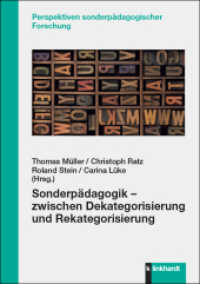- ホーム
- > 洋書
- > ドイツ書
- > Humanities, Arts & Music
- > Philosophy
- > general surveys & lexicons
Full Description
The motto of the Royal Society—Nullius in verba—was intended to highlight the members' rejection of received knowledge and the new place they afforded direct empirical evidence in their quest for genuine, useful knowledge about the world.






